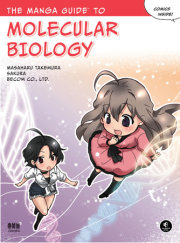May is Asian American, Native Hawaiian, and Pacific Islander Heritage Month
Join us this month and beyond to celebrate the cultures and contributions of Asian Americans, Native Hawaiians, and Pacific Islanders. Browse a curated selection of fiction and nonfiction books by AANHPI creators that we are sure your students will love. Find our collections of titles here: Middle School High School



















